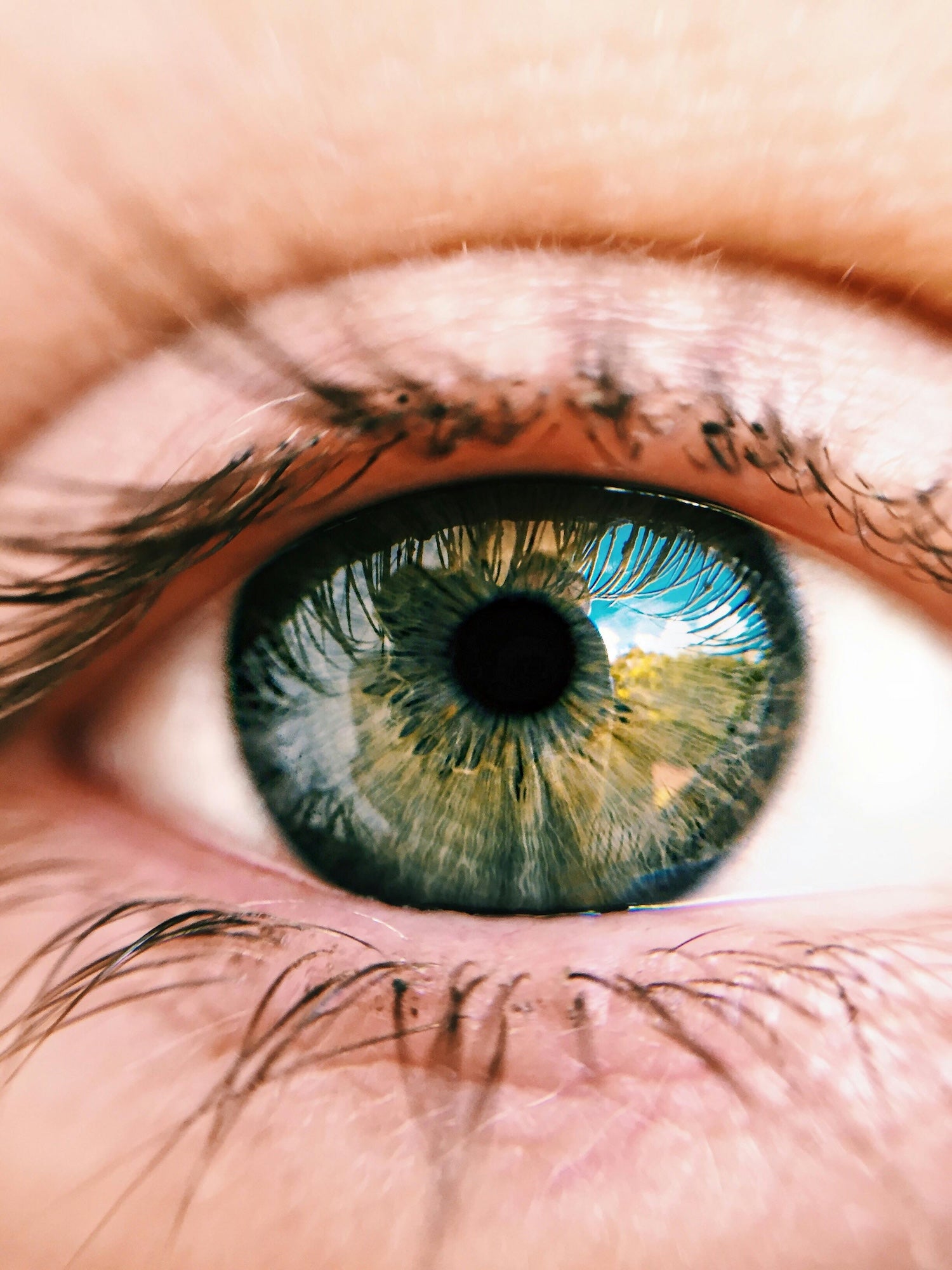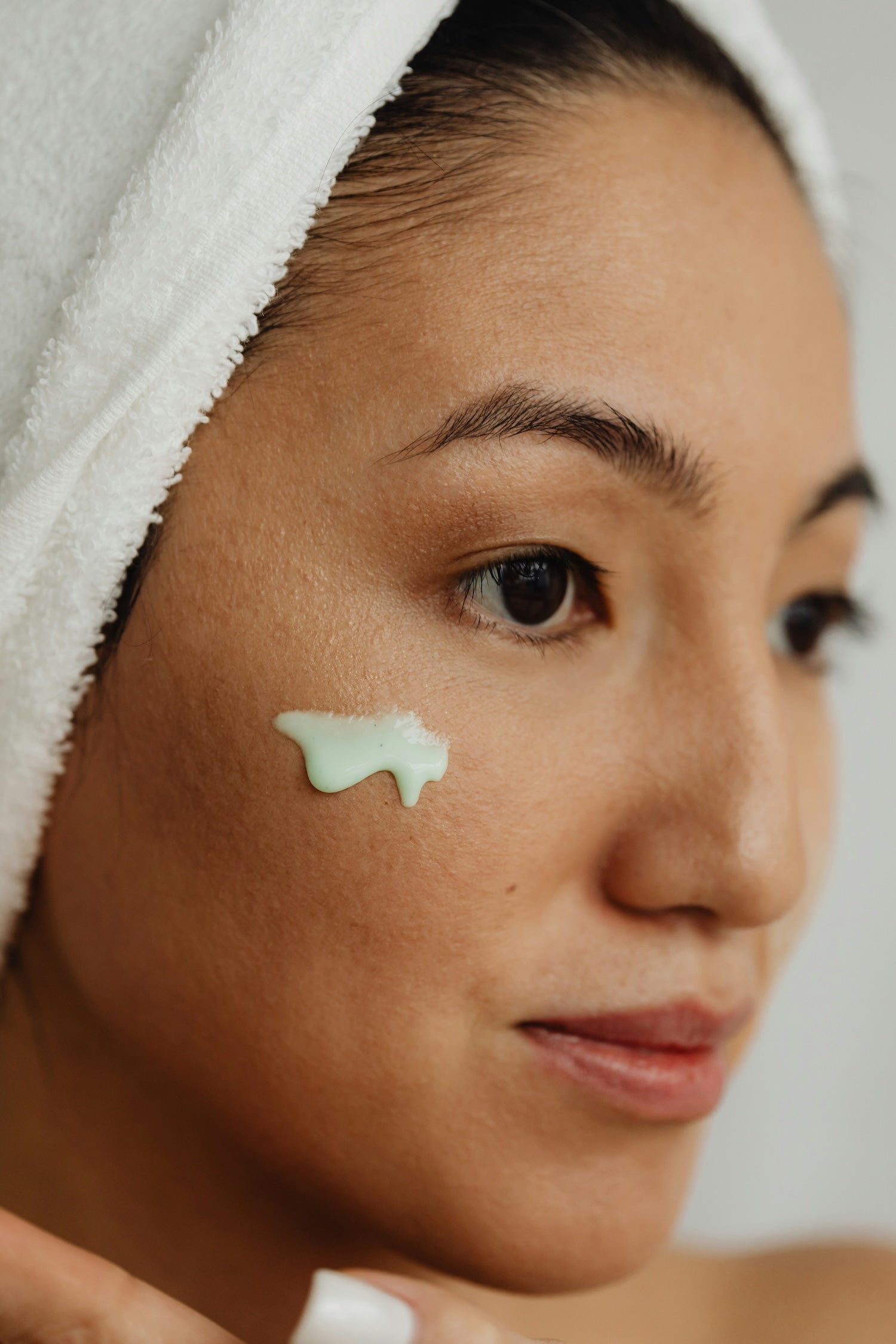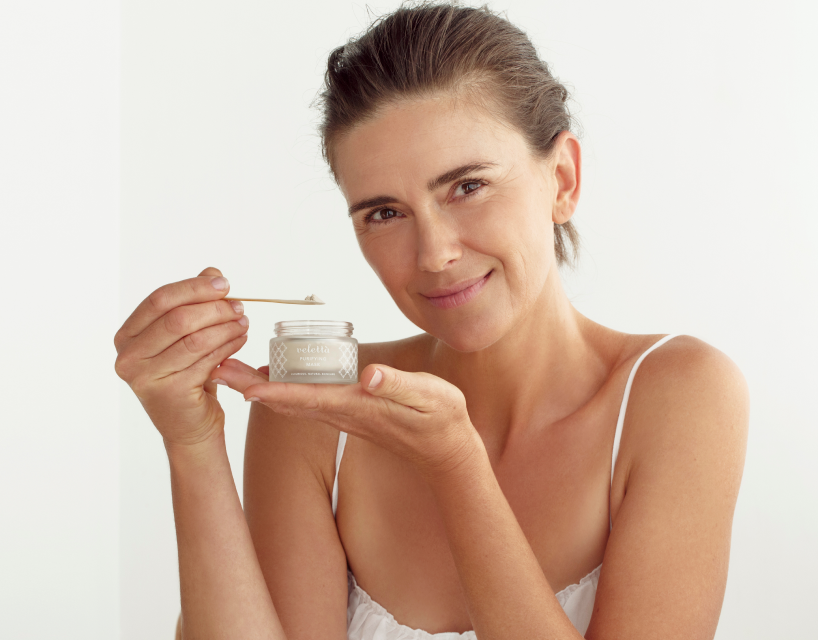The Importance of Eye Health: A Window to Overall Well-being
In the intricate tapestry of human health, the significance of maintaining optimal eye health often takes a backseat compared to other aspects of well-being. However, the eyes serve as a crucial sensory organ, playing a pivotal role in our daily lives. Understanding and prioritising eye health is imperative for maintaining a high quality of life.
Check ups
The eyes are a window to our world, allowing us to perceive and interpret the environment around us. A large portion of our daily experiences is shaped by visual stimuli, making it essential to safeguard our vision. Regular eye check-ups are key to detecting and addressing potential issues such as refractive errors, cataracts, and glaucoma, which, if left untreated, can lead to permanent vision impairment.Furthermore, eye health is closely linked to overall well-being. Many systemic diseases, such as diabetes and hypertension, often manifest with ocular symptoms. Regular eye examinations can serve as an early warning system for these conditions, enabling timely intervention to prevent complications. Additionally, maintaining a healthy lifestyle, including a balanced diet rich in nutrients like vitamins A, C, and E, is crucial for supporting eye health and preventing age-related conditions such as macular degeneration.
Eye strain
In the digital age, where screens have become an integral part of daily life, the concept of digital eye strain has gained prominence. Prolonged exposure to screens can cause symptoms such as eye fatigue, dryness, and headaches. Implementing the 20-20-20 rule—taking a 20-second break to look at something 20 feet away every 20 minutes—can significantly alleviate digital eye strain. Moreover, using protective eyewear and adjusting screen brightness and font size contribute to maintaining healthy eyes in the digital era.
Sunglasses
Another critical aspect of eye health is the importance of UV protection. Prolonged exposure to ultraviolet (UV) rays from the sun can contribute to cataracts and other eye conditions. Wearing sunglasses that block 100% of UVA and UVB rays is essential to safeguarding the eyes from the harmful effects of UV radiation.
Nutrition
Nutrition also plays a pivotal role. The eyes, like any other part of the body, benefit from a well-balanced and nutrient-rich diet. Certain vitamins and minerals, such as vitamin A, C, E, zinc, and omega-3 fatty acids, are particularly essential for promoting eye health. Vitamin A, found in carrots, sweet potatoes, and leafy greens, is crucial for maintaining the health of the retina. Vitamin C, abundant in citrus fruits and berries, supports blood vessels in the eyes and reduces the risk of cataracts. Vitamin E, present in nuts, seeds, and spinach, acts as an antioxidant, protecting the eyes from oxidative damage. Zinc, found in meat, dairy, and legumes, contributes to the health of the retina and may help prevent age-related macular degeneration. Omega-3 fatty acids, prevalent in fatty fish like salmon and flaxseeds, are beneficial for the development and function of the eyes. Adopting a diet rich in these nutrients not only supports overall health but also contributes significantly to the well-being of our eyes, reinforcing the importance of nutrition in preserving clear vision.




